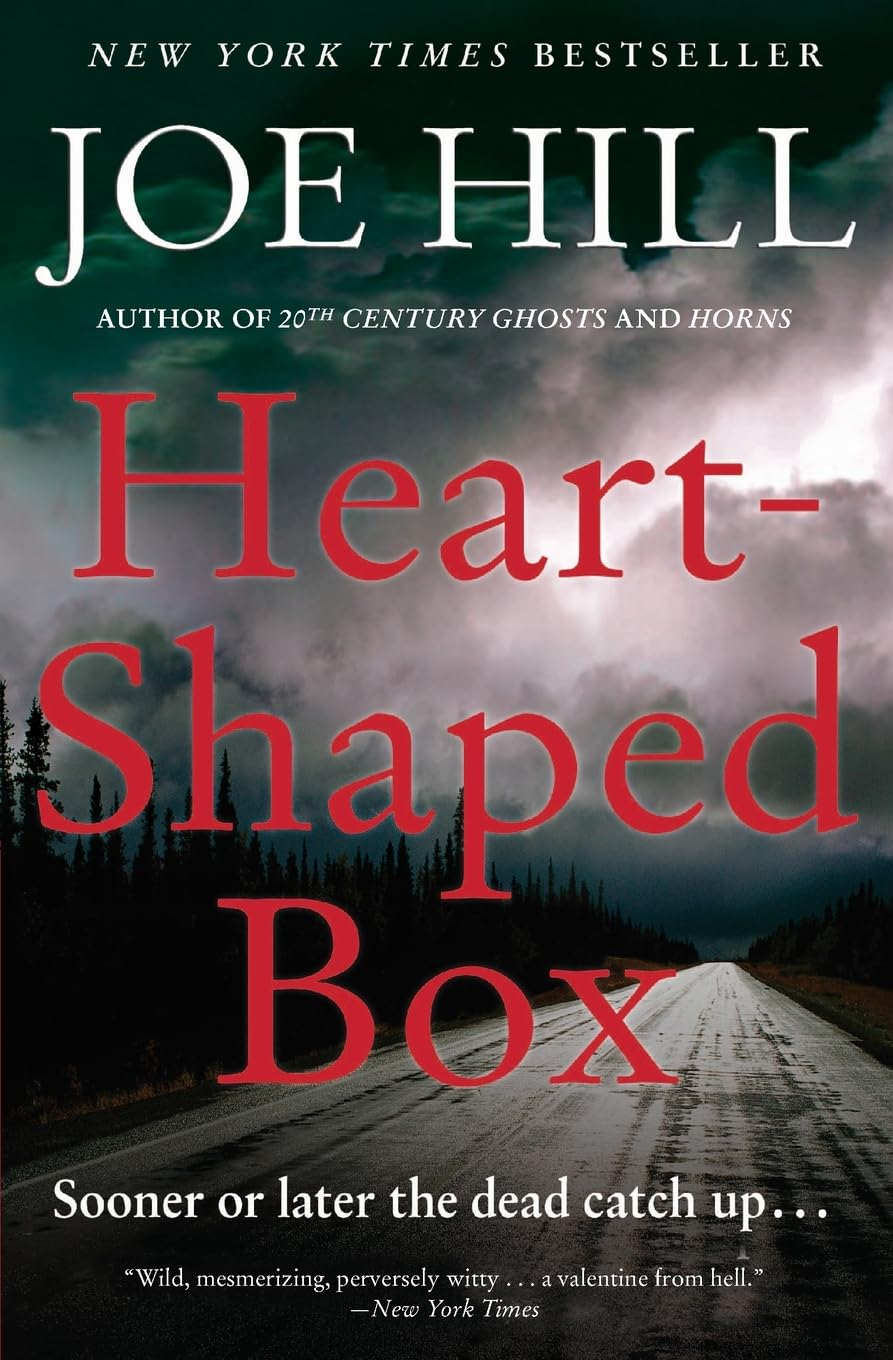Despite being 75 years old, this novel holds up remarkably well.
I think people can relate 1984 to a variety of things in their lives - an abusive family life, an impossible workplace, or even the society in which they live. But the book is actually about a dystopian future society (which was 1984 according to Orwell, who wrote this novel in 1949). After an atomic war in the 50's, the world condensed itself into three nation states: Eurasia, Oceania, and East Asia.
Airstrip One, formerly Britain, is a province of Oceania, which is run by the Brotherhood - a nebulous entity without a visible, known leader, but only the mysterious Big Brother who is constantly watching you. The society has four main branches - the Ministry of Truth, which deals with news, education, entertainment and fine arts, the Ministry of Plenty, which deals with economic affairs, the Ministry of Peace, which deals with war, and the ministry of Love, which maintained law and order - and was the really frightening one.
If you can't tell already, Big Brother is a study in contradictions. It's the tormenting sibling who declares it's opposite day or the annoying co-worker who takes contrarian views just to be a troll. Take the party's slogans, for instance: War is peace, freedom is slavery, ignorance is strength.
As an employee of the Ministry of Truth, for instance, Winston edits newspapers, inserting the "truth" as the Ministry sees it and destroying older, contradictory copies of news reports. Down into the memory hole they go (sadly, I'm not talking about a good night out on the town). Winston might be instructed to declare that Oceania is now at war with East Asia, and has always been, which requires a lot of rewriting and editing to remove any reference to the previous war with Eurasia.
"All others accepted the lie which the party imposed, if all records told the same tale, then the lie passed into history and became truth. Who controls the past, ran the party slogan, controls the future, who controls the present controls the past."
This was known as "reality control" or "double think" and is one of the most infuriating concepts I've heard. I was also surprised to learn it wasn't something invented by my boss.
The Brotherhood not only sought to control society's behavior, but every aspect of life, including language, adopting a language called "newspeak" that slowly and systematically eroded standard English. Each revision of the dictionary involved removing "extraneous" words and simplifying language:
"Take good for instance, if you have a word like good, what need is there for a word like bad? Ungood would do just as well. Better because it's an exact opposite, which the other is not. Or again if you want a stronger version of good, what sense is there in having a whole string of vague, useless words like excellent or splendid and all the rest of them. 'plus good' covers the meaning, or 'double plus good' if you want something stronger still."
The society's prevailing ideology is EngSoc, or English Socialism. It is a society in which private life came to a halt, private money didn't exist, people called each other comrade, were constantly surveilled, and gathered for monthly hangings - so it may surprise you to hear there are no laws - in fact nothing was illegal. But somehow the Brotherhood still manage to punish people for things like face crime (not having the right expressions in response to something) or thought crime (which can lead to future crimes). Any disobedience resulted in correction, which could include forced labor camps and even vaporization.
This brings me to the great words of Princess Leia, who warned Tarkin, "The more you tighten your grip, the more star systems will slip through your fingers." And while Oceania is a lot smaller than a star system, you get the point. Not everyone will fall in line.
And we find one of those falling stars in Winston, who, in a subtle act of rebellion bought a diary and started recording his misgivings about Big Brother. Worse yet, he found himself falling in love. Marriage had to be approved and was less likely to be approved if the couple were attracted to each other, which didn't bode well for Winston and Julia. And working in the Ministry of Truth, he knew the outright lies that the Brotherhood espoused, but didn't understand the reasoning behind it all - until he reads a manifesto written by the Brotherhood's greatest enemy, a man named Goldstein.
In his book, Goldstein breaks down the rationale behind EngSoc - the division of classes, the constant need for war, and how the inner party manages to stay on top. The mental gymnastics are so complex, they make Simone Biles look like an amateur. And although this book within a book put Julia to sleep, I found it fascinating.
1984 is a heavy read, and sadly a relevant one. There are elements of the Brotherhood in societies today. And while Winston's story is interesting, I feel like it is more a subplot compared with the overarching ideas of the Brotherhood and EngSoc. Winston's story is a small piece of what a society as a whole faces when the wrong people take power. And while I could quit my job and run for the hills if things got too bad, when bad people get numerous and high enough in a government, there may be nowhere to run. 1984 is a cautionary tale that we would be wise to heed, in 1949, 1984, and today.





